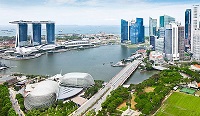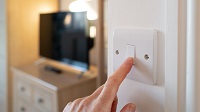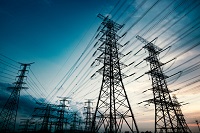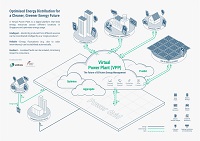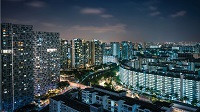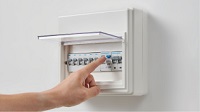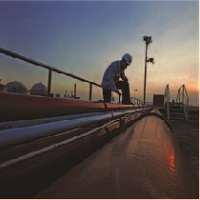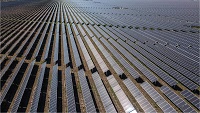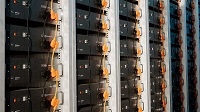Reply From EMA
IN HIS letter on Monday, 'Electricity Prices: 82% higher here than in Hong Kong', Mr Paul Chan asks why Singapore has a higher electricity tariff than Hong Kong, when both places depend on imported fossil fuels and do not subsidise electricity.
Electricity is more expensive in Singapore because our fuel cost is much higher compared to Hong Kong. In particular, fuel charges account for 19 cents per kilowatt-hour of the overall tariff in Singapore, but just 5 cents per kilowatt-hour in Hong Kong.
Hong Kong enjoys this significant cost advantage in fuel largely because more than half of its electricity is generated from coal-fired power plants. Coal is cheaper than oil and natural gas, but it is also a dirtier fuel. Hence, the price of this heavy reliance on coal is felt in the impact on air pollution and quality of life. Another 10 per cent of Hong Kong's electricity comes from nuclear power plants in China which are unaffected by the high global oil price.
In contrast, Singapore's electricity is generated predominantly using imported natural gas, which is indexed to the fuel oil price by commercial contracts. We also do not have a ready source of low-cost energy supplies from our neighbours.
Any comparison of electricity prices across jurisdictions will have to take into account these variations in fuel mix and supply. In fact, our electricity tariff is lower than or comparable to that of countries such as Ireland and Japan, which, like Singapore, are highly dependent on imported oil and natural gas to meet their electricity needs.
Source: The Straits Times
Electricity tariff 82% higher here than in Hong Kong
THE recent jump in the electricity tariff has left many wondering what was the rationale. Is the oil price the only culprit? Fuel is not the only component cost of electricity. Buildings and infrastructure, plant and machinery depreciation, maintenance, insurance, manpower, distribution grid and management costs are substantial expenditure in the total production of electricity.
Forum writers have pointed out that Singapore's electricity is more expensive than in the United States and France. Some ask for transparency, while others wish the price to remain, in view of the economic downturn. The authority does not seem willing to help. Should we cut household electricity usage back to 1970s level?
Everyone should save electricity, but there is a limit, unless we curtail our lifestyle to the extreme. More development, population growth and a higher standard of living increase electricity demand. Is it helpful to punish existing consumers who try their best to save?
Let us examine Singapore's 'twin city' of Hong Kong with a similar vibrant lifestyle and standard of living, and try to understand if Singaporeans, for all their hard work, enjoy the same public utility in good times or bad times. Like Singapore, Hong Kong imports all its fuel and pays similar volatile fuel prices. Hong Kong does not enjoy the advantages of piped natural gas. Neither has nuclear power and both operate on the same business model - free market pricing.
I don't know how Hong Kong pegs its electricity tariff, but I am sure power generation companies know the production costs of electricity to work out competitive tariff rates to consumers. Unless Hong Kong gets very cheap oil, there is no reason why its tariff is so much lower.
However, people in Hong Kong pay an electricity tariff at 88 Hong Kong cents (17 Singapore cents) per unit. Why should Singaporeans pay 31 cents per unit - a whopping 82 per cent higher?
Paul Chan
